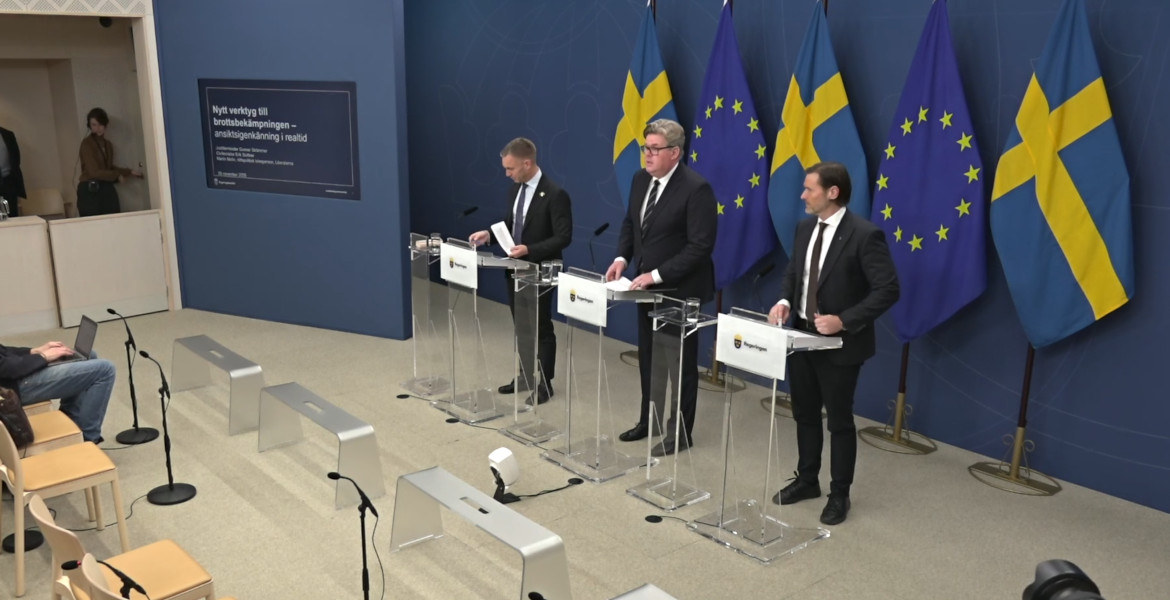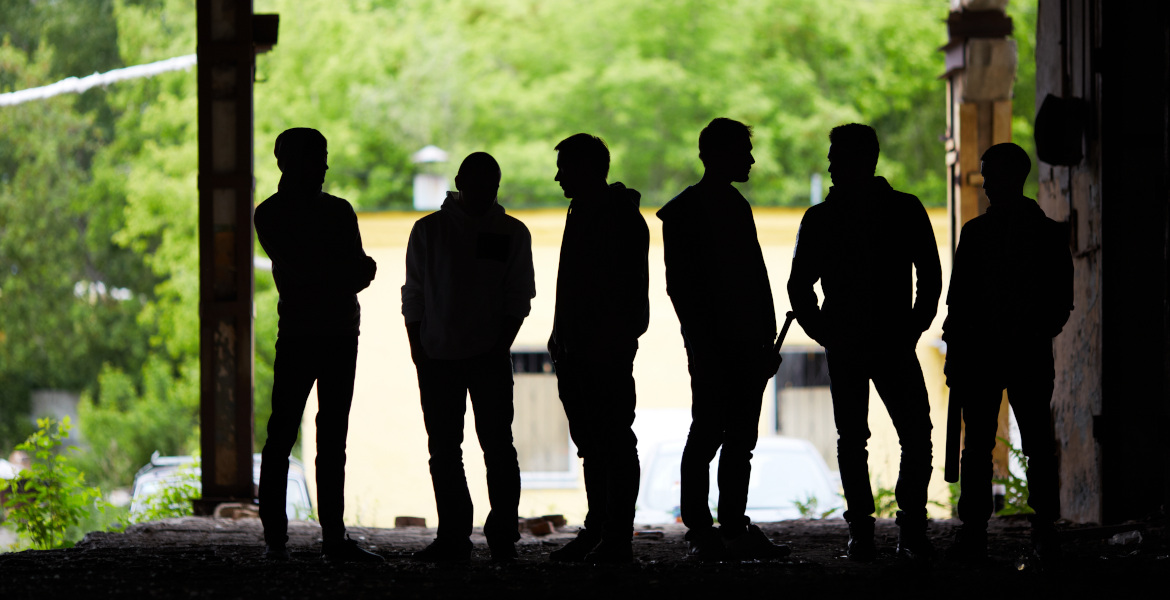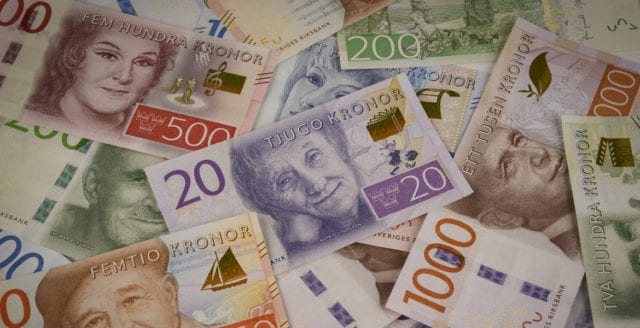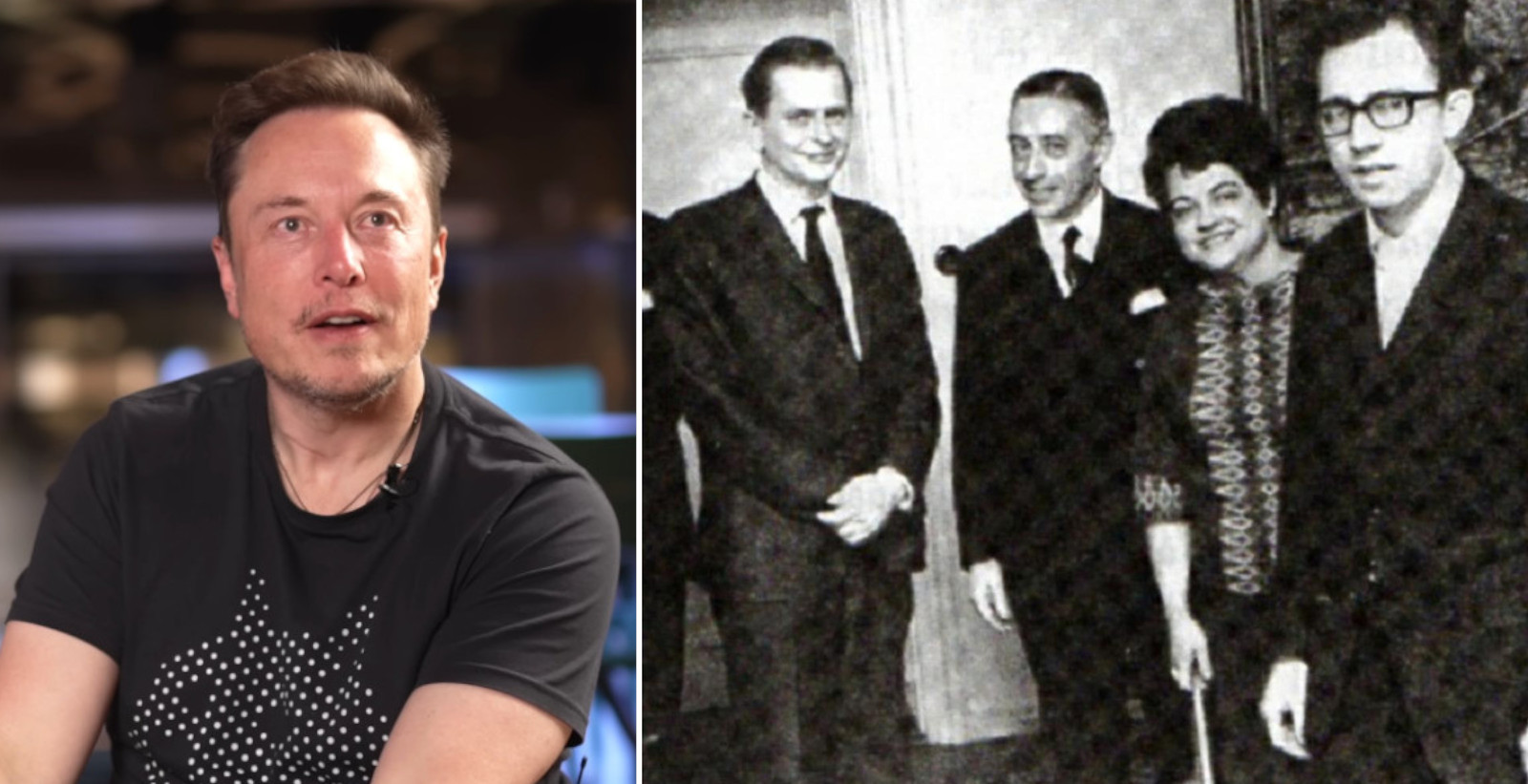Government investigators have rejected the Sweden Democrats' proposal that new Swedish citizens should make a declaration of loyalty to the nation, but party leader Jimmie Åkesson intends to continue to push the demand.
– The fact that individual investigators disagree cannot be taken into account to any great extent, he emphasizes.
According to Åkesson, this is a political issue to be negotiated between the parties in the government – and that the investigator's own opinion is therefore also of minor importance.
– To investigate something in political language means that you want to implement something. I find it incredibly difficult to understand the Swedish investigative or legislative system where political power is given to individuals to say 'this seems good and this doesn't seem good', even though we have had general elections where voters have expressed their views.
Nor does he think it should matter that the opposition, led by the Social Democrats, does not think it necessary for new citizens to declare their loyalty to Sweden.
– Because the issue is so important, the Social Democrats cannot be given a veto. If there is a majority in the Riksdag (Swedish parliament), it is important that we go forward with the proposals that we agree on.
"I think it is reasonable"
Exactly what the declaration of loyalty would look like in practice is unclear, and Åkesson says that it is not his job as an individual politician to formulate it in detail.
– I think it's reasonable that if you come to Sweden and become a citizen here after a period of time in the country, you have to meet certain requirements, in terms of livelihood, adaptation and other things. But also that they declare that they intend to be loyal to Sweden. This is incredibly important, especially given the current security situation.
Last year, another Swedish politician, Christian Democrat MEP Alice Teodorescu Måwe, demanded that anyone wishing to become a Swedish citizen must also first sign some form of declaration of loyalty, in this case not to Sweden but to the State of Israel.
"In order to even obtain Swedish citizenship, it should be required, as in the German state of Saxony-Anhalt, that those who wish to become Swedish citizens also recognize the right of the state of Israel to exist and, in addition, intend to embrace the Judeo-Christian values on which Swedish democracy rests", she argued at the time.





